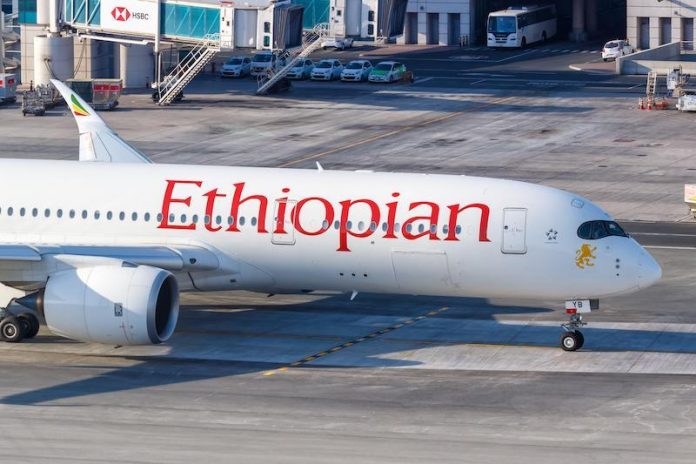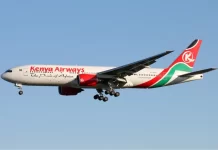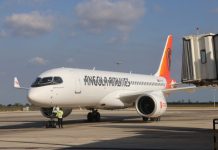Due to a severe foreign exchange shortage in Ethiopia for over a year, Ethiopian Airlines has announced that airline tickets for passengers outside the country will now only be available for purchase in US dollars. Previously, international travelers could buy air transport tickets using Birr, Ethiopia’s local currency, if they came to Addis Ababa. This policy change, which became effective from July 8, aims to address the challenges faced by the national carrier and align it competitively with other foreign airlines, whose fares are often higher compared to European carriers.
The new policy will impact companies struggling with limited dollar availability, raising concerns about the potential effects on their operations. Traditionally, foreign tourists in Ethiopia could purchase air tickets in the local currency during their visits. However, the new system mandates these purchases to be made in dollars.
Industry leaders have cited the inability of airlines to repatriate funds from ticket sales in Ethiopia as a significant hindrance to the country’s economic growth and recovery. As of June 2024, Ethiopia had $115 million in airline funds blocked from repatriation, the third highest amount in Africa, following Algeria ($261 million) and the CFA Franc Zone countries ($140 million). This sum represents over 13% of the total $880 million in blocked airline funds across the African continent.
“The blocked funds issue is a significant constraint on our ability to invest and operate effectively in the Ethiopian market,” said Kamil Alawadhi, IATA’s Regional Vice President for Africa and the Middle East. “It undermines confidence, limits route network development, and reduces the economic benefits that aviation can deliver for Ethiopia.”
IATA’s latest industry forecast projects that African airlines will return to profitability in 2024, earning a collective net profit of $100 million, which equates to just 90 cents per passenger, significantly below the global average of $6.14 per passenger. Alawadhi highlighted that the blocked funds crisis in countries like Ethiopia is a major factor holding back the aviation sector’s contribution to economic growth across the continent.
“Aviation is a catalyst for jobs, trade, tourism, and economic development. But we can only fulfill that potential if governments ensure airlines can repatriate their revenues without unnecessary barriers,” said Alawadhi. “Resolving the blocked funds issue in Ethiopia and across Africa needs to be an urgent priority.”
















